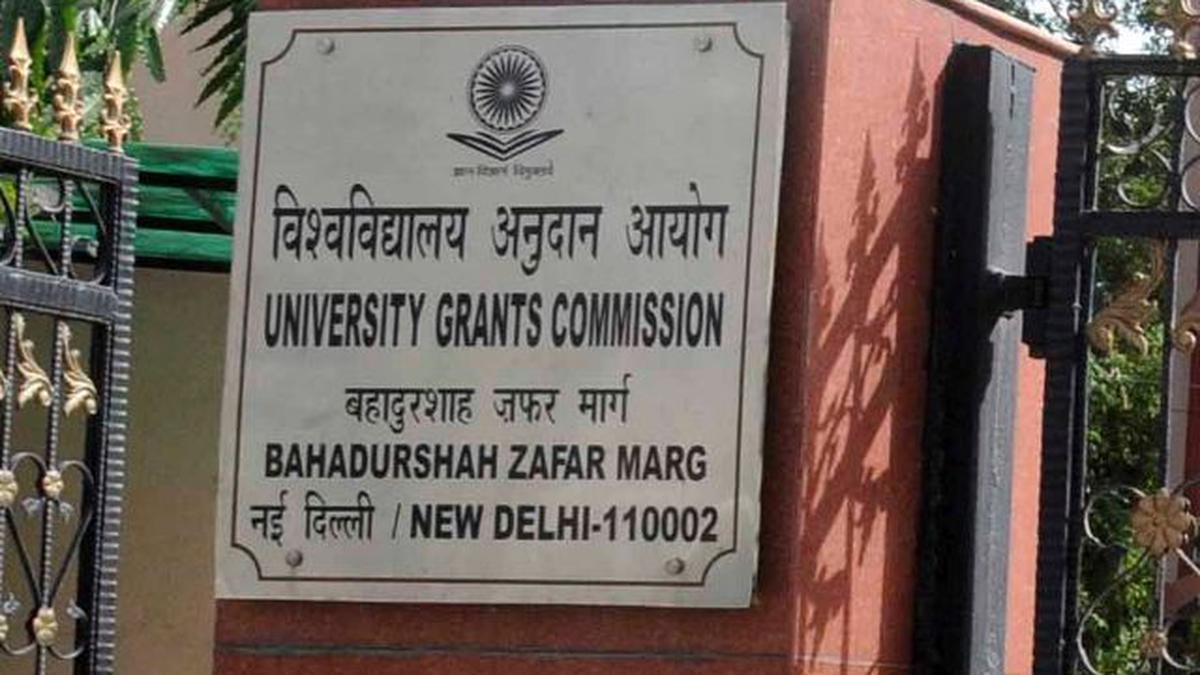Now Reading: UGC’s Curriculum Proposal Faces Resistance from Kerala: Key Points Explained
-
01
UGC’s Curriculum Proposal Faces Resistance from Kerala: Key Points Explained
UGC’s Curriculum Proposal Faces Resistance from Kerala: Key Points Explained

Quick Summary
- On August 20, the University Grants Commission (UGC) released a draft Learning Outcomes-based Curriculum Framework (LOCF) for nine undergraduate subjects: Anthropology, Chemistry, Commerce, Economics, Geography, Home Science, Mathematics, Physical Education and Political Science. Feedback from stakeholders has been sought.
- LOCF aligns with NEP 2020S goals to promote holistic learning and integrate Indian Knowledge Systems into multidisciplinary courses.
- Kerala’s LDF government opposes the move citing concerns over ideological bias linked to Hindutva influences in syllabi elements like ancient texts (Upanishads, Mahabharatha) and ideologues like V.D.Savarkar being part of suggested reading materials.
- Points of contention include courses studying ‘Ram Rajya’ within CSR/ESG frameworks and perceived contradictions between NEP objectives aiming for academic adaptability versus inclusion of ideological content.
- Academics expressed worry over diminished interdisciplinary opportunities in curriculum design and inconsistent alignment between majors/minors within LOCF proposals.
- Kerala State Higher Education Council will review LOCF curricula further via an expert committee for recommendations.
Indian opinion Analysis
The introduction of LOCF by UGC reflects its attempt to align India’s higher education landscape with global outcome-based models while incorporating indigenous knowledge systems envisioned under NEP 2020. The initiative potentially modernizes undergraduate learning but has sparked concerns in Kerala due to perceived ideological slants; integration of ancient Indian texts or figures might feel exclusionary if not contextualized inclusively across diverse perspectives.
Kerala’s opposition illustrates the complex interplay between centralized educational reforms and states’ prerogative over curriculum autonomy-a recurring theme in Indian federal governance debates regarding education policy adaptation under NEP guidelines.
While the feedback period provides room for rectifications from stakeholders nationwide-including regional governments-addressing technical inconsistencies highlighted by academics may prevent unintended impacts on teaching disciplines or student progression pathways. Balanced stakeholder engagement will remain pivotal as india’s academic frameworks evolve amidst dynamic socio-political realities.
For more details: Read More
























